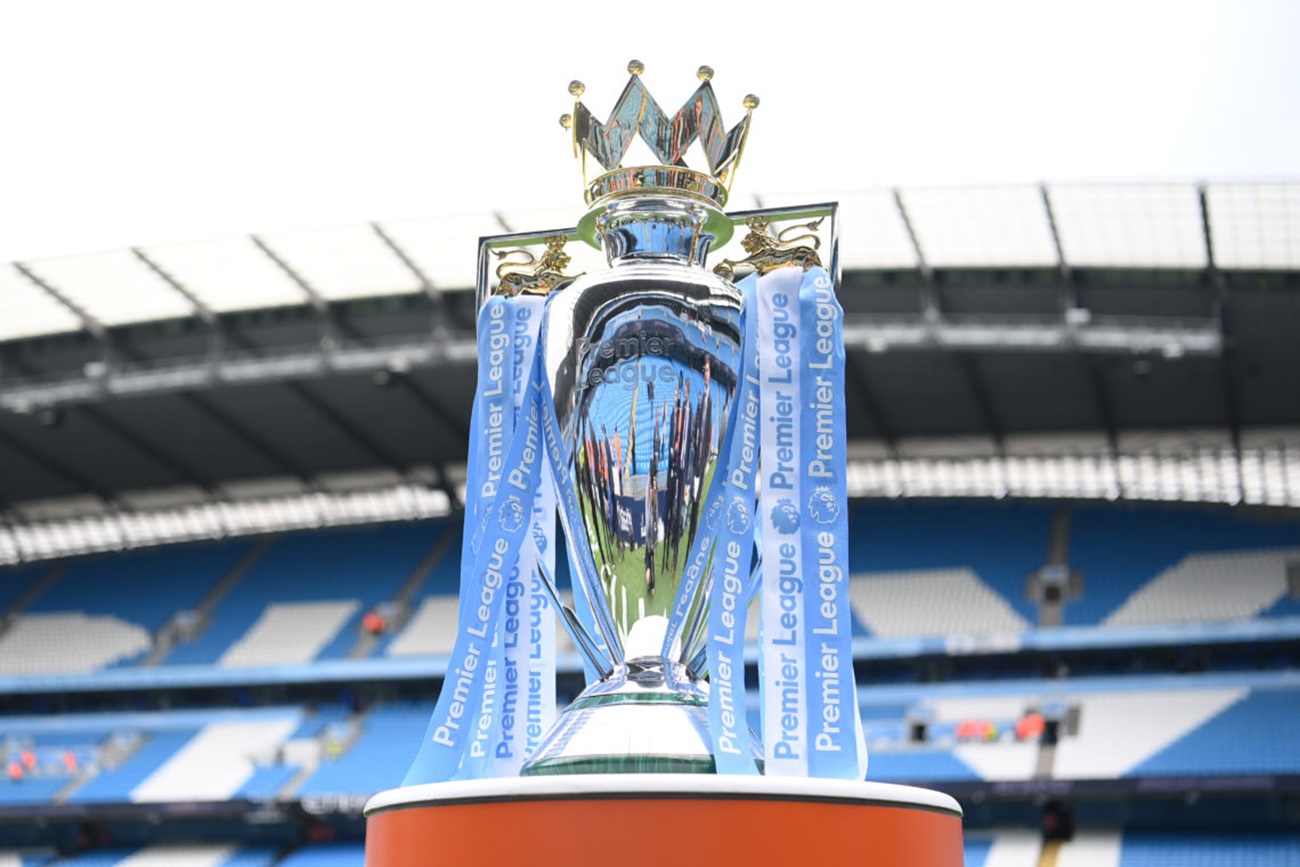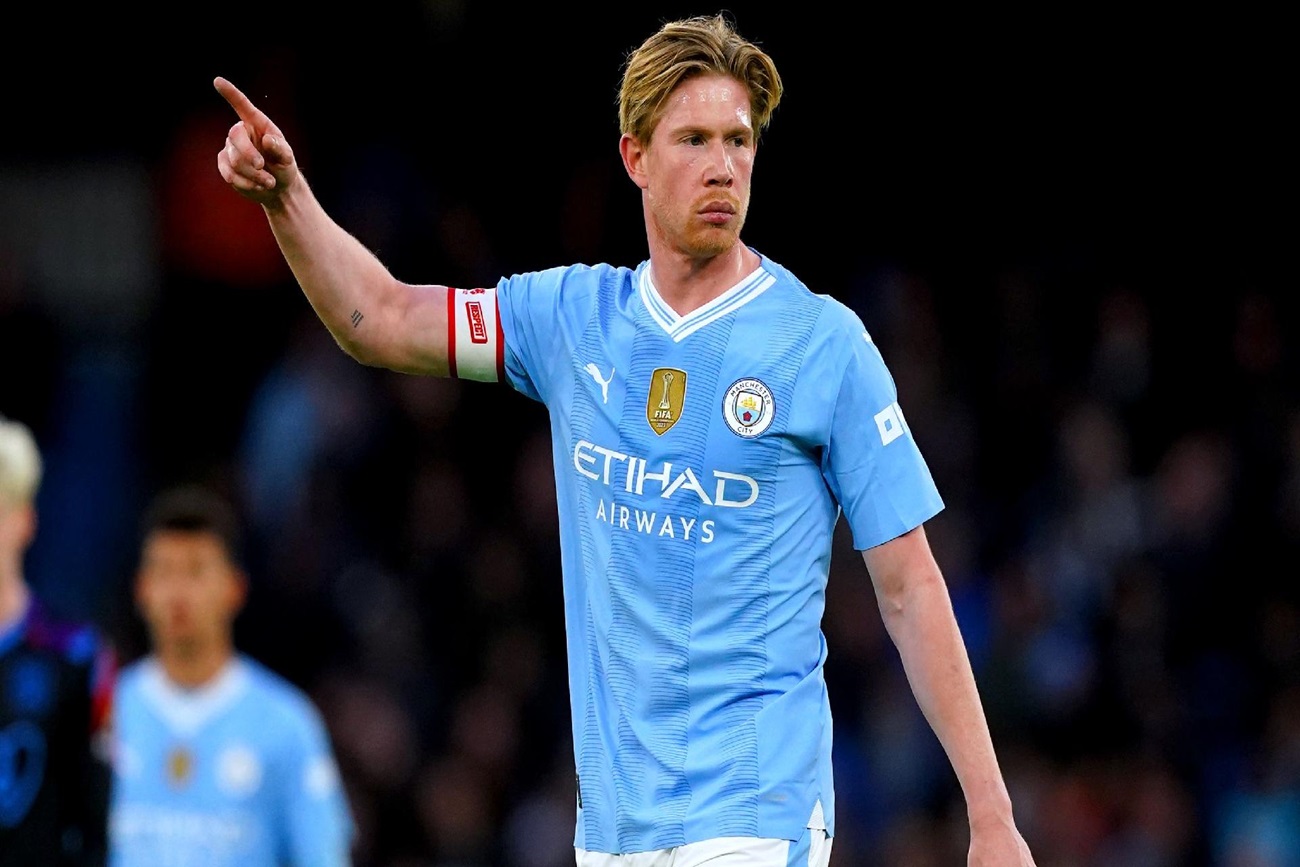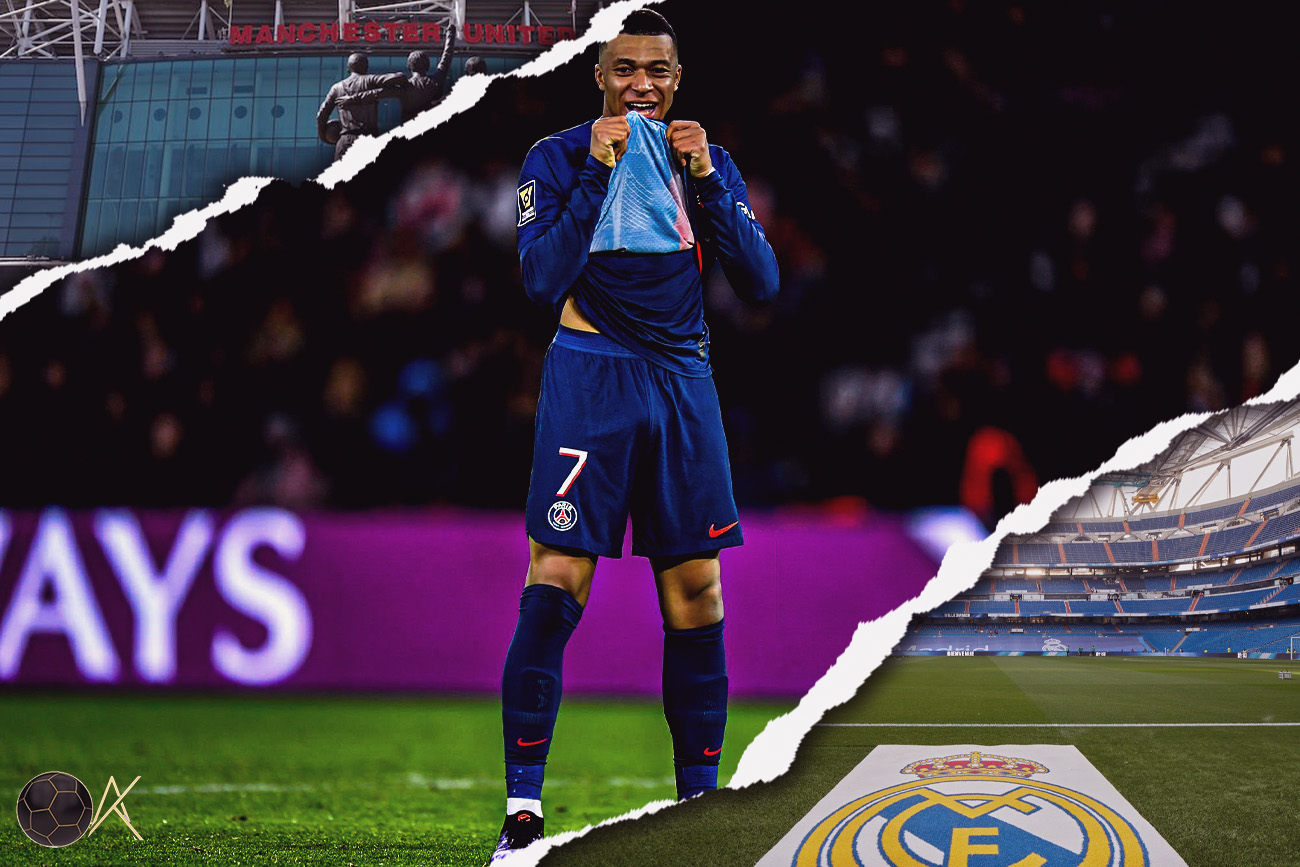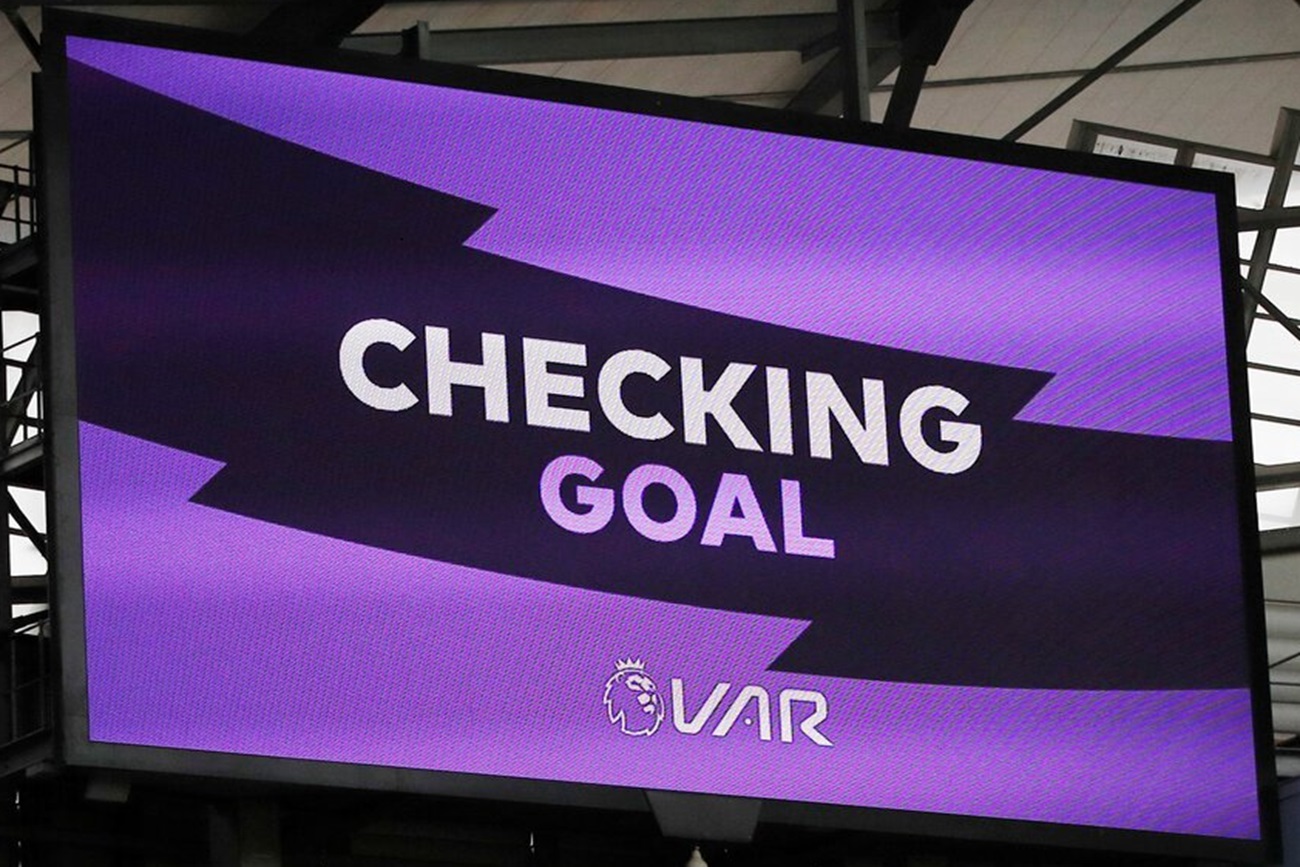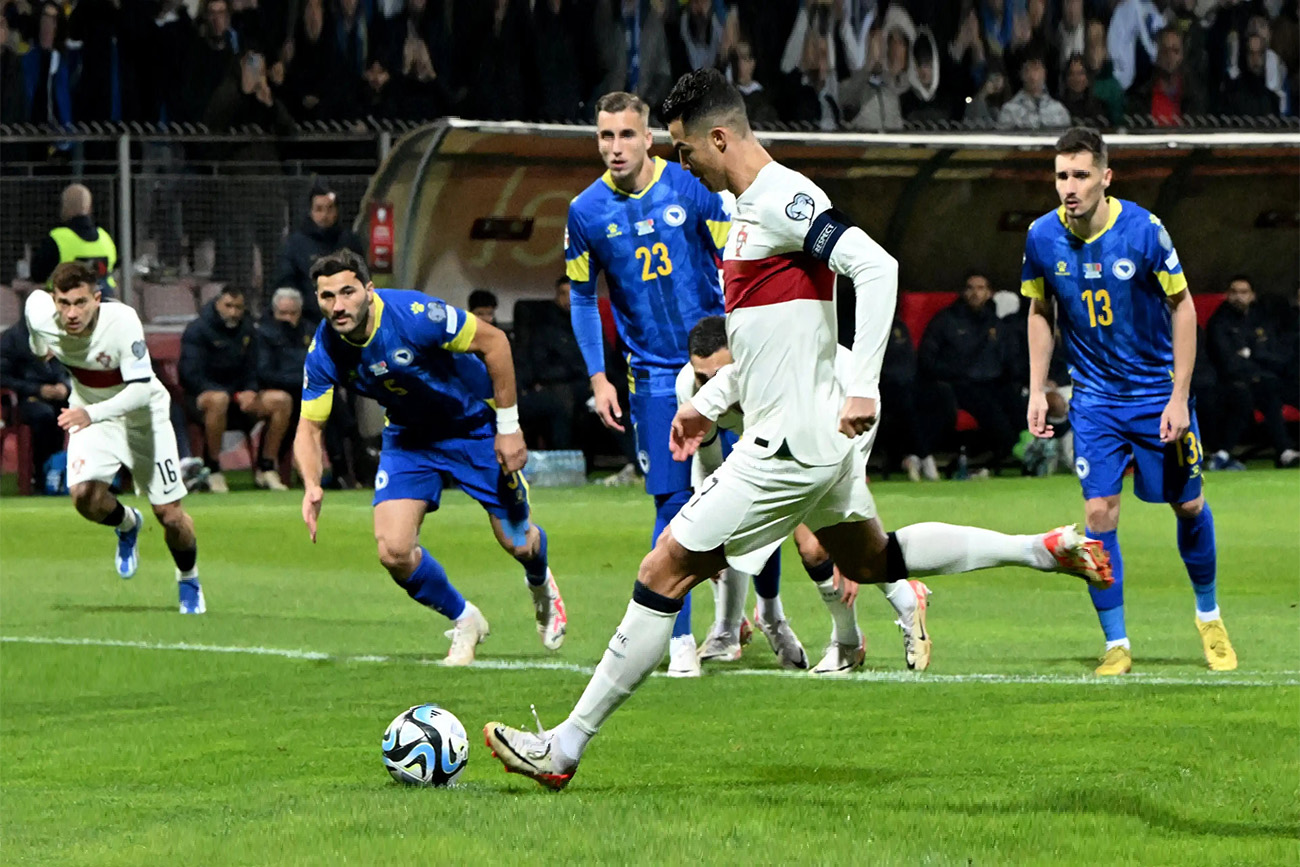
Is football a sport or a business?
Is football is no longer a pastime, run and organised by amateurs or is it a business that competes for scarce resources and uses professional management techniques?

Football in the modern day has established itself as a global industry. It has gained a worldwide appeal and with the age of technology, this provided a platform for football to be exploited commercially in the global market which in turn allowed the development of major television and retail brands in the footballing industry. Being recognised as a global phenomenon, football is heavily commercially driven due to its increasing appeal and has had increasing amounts of investments from wealthy owners, sponsors, and the government in order to maintain its success. This shows the connection of the public sector, which relates to government involvement and ensuring that the social value of football is maintained. In turn, this relates to the voluntary sector which also focuses on the social benefits of football, as it can involve organisations from grass-root levels and charities to large organisations that employ others to run the organisation. Thus, the three sectors as well as socio-cultural, economic, and environmental factors will be used to assess whether or not football is a sport or becoming more business-like.
This quote emphasises that football and other sport have sentimental values amongst spectators and fans that help drive the industry forward. Which is skewed to the normal idea of a normal traditional business.
Commercialisation In Football
The commercial sector is one of the three sectors of sports provision and primarily focuses on the profit side of the industry. Modern-day football is led by global businesses such as Nike which is a part of the commercial sector. This shows how as time went on the power within the footballing industry shifted from the voluntary sector to the commercial sector, implying how football is now governed under professional business regimes rather than run by amateurs. Sponsorship can be defined as “a business relationship between a provider of funds, resources or services and an individual, event or organisation which offers in return some rights and association that may be used for commercial advantage.” (Sleight, 1989). Which in turn will help the partner of the sponsor gain certain rights and associations that enable them to gain a commercial advantage. Thus, football clubs and organisations use professional management techniques to compete for scarce resources such as sponsorship arrangements to help enhance, change, and sustain a good brand image. This shows how the nature of football is quite similar to a traditional business.
Qatar & Paris Saint-Germain and how they helped revolutionised Football Ownership:
Looking at how Qatar took over the ownership of the Paris Saint Germain football club, most of their investments were carefully considered and assessed whether they would align with their Qatar National Vision 2030, which was to turn the carbon economy into a knowledge economy. This emphasises the shift in football to being run by more professional and global organisations such as Qatar, while they used their deal with Parisian giants to develop their own brand image as well as ensure the French football club abide by Financial Fair Play rules by UEFA. As a result, Qatar used the football club as part of their development strategy to welcome more tourism to their country showing the influence of commercialisation in football and how it is run by professional organisations like a normal business.
The state sector is the involvement of the government in sport via regulations, facilitators, or direct providers. The involvement of the government is mainly due to market failure, this is when the distributions of goods and services are inefficient. The industry of sports is expensive to maintain as according to the DCMS (2016) the ‘value of the sports economy is estimated around £37.3 billion which is 2.1% of the UK’S total GVA’ this indicates that the state intervenes in the sporting industry due to its high value among communities across the country. Sources of funding in professional and high-level sports, such as football, vary but the focal ones are the government, sponsors, and the national lottery (in the UK). This emphasises the importance of the state sector and money for football to survive and prosper. This further implies that it requires professional management techniques via the government as well as sourcing different ways to acquire funds through the use of sponsorships which shows how football and sport, in general, have evolved more into a business rather than being run and organised by ‘amateurs.'
Impact of fans on Football:
Leigh Robinson (2016), it is also stated that “sport, in particular sports services, differs from many traditional businesses and has a number of aspects that make it distinct” which implies that all sports are not considered to be a normal business. Football also has a lot of emotional sentiment and long-lasting traditions, which compared to a business is not the same as they are typified by efficiency, profit and productivity. This magnifies the importance that fans can have in football as well as sponsors. An example is an infamous rivalry between Celtic and Rangers, the rivalry and hatred between the clubs’ supporters were immense which led to the fans rejecting joint sponsorships and either team sponsors themselves. It highlighted how, despite being run by professional owners from the business industry, a fan's voice and emotional attachment to their team could affect the business side and sponsor profit so easily. Hence, emphasises the idea that football is still heavily influenced by fans and mere spectators due to the behavioural parameters of football that focus on emotional attachment, nostalgia, and traditions.
As mentioned before the voluntary sector focuses on the social benefits of sports, involving small-time organisations such as grass-root clubs or charities to large organisations that employ others to run the organisation. This sector is pivotal as when there are government or market failures in sports this sector will help provide aid and funds to bridge any gaps. This is usually done by charities which indicates that the sporting industry can still have their reliance on amateurs to rehabilitate from any failures due to the market. However, some may still argue that a lot more third sector organisations use professional management techniques such as the Football Foundation which is funded by the Premier League, FA and the government. Despite the use of professional management techniques, they focus on social objectives which interlink with the behavioural parameters that football has such as the emotional attachment of fans. In other words, this suggests the social impacts football has on the communities as it is important for the sport to prosper and this cannot be maintained without the voluntary sector which is not seen as global organisations or states like Qatar.
‘What makes the contemporary sports industry so different is that all sectors of the industry are concerned with a business approach to sport’. This shows how the sports industry as a whole has adopted characteristics of the current generation to prosper to become a global industry. Despite the argument of the importance and role communities and fans play and influence in football it has a large reliance on a large amount of capital to enhance the infrastructures and investments to sustain the sport for generations. Hence football has shifted in power from the voluntary sector to a more commercial sector where many clubs and organisations in football are led by global industries that are a part of the commercial sector. This highlights that football has adapted to the new age and is no longer run by ‘amateurs’ and is now more of a business model using resources and professional techniques and funds to maintain football as a sport.


